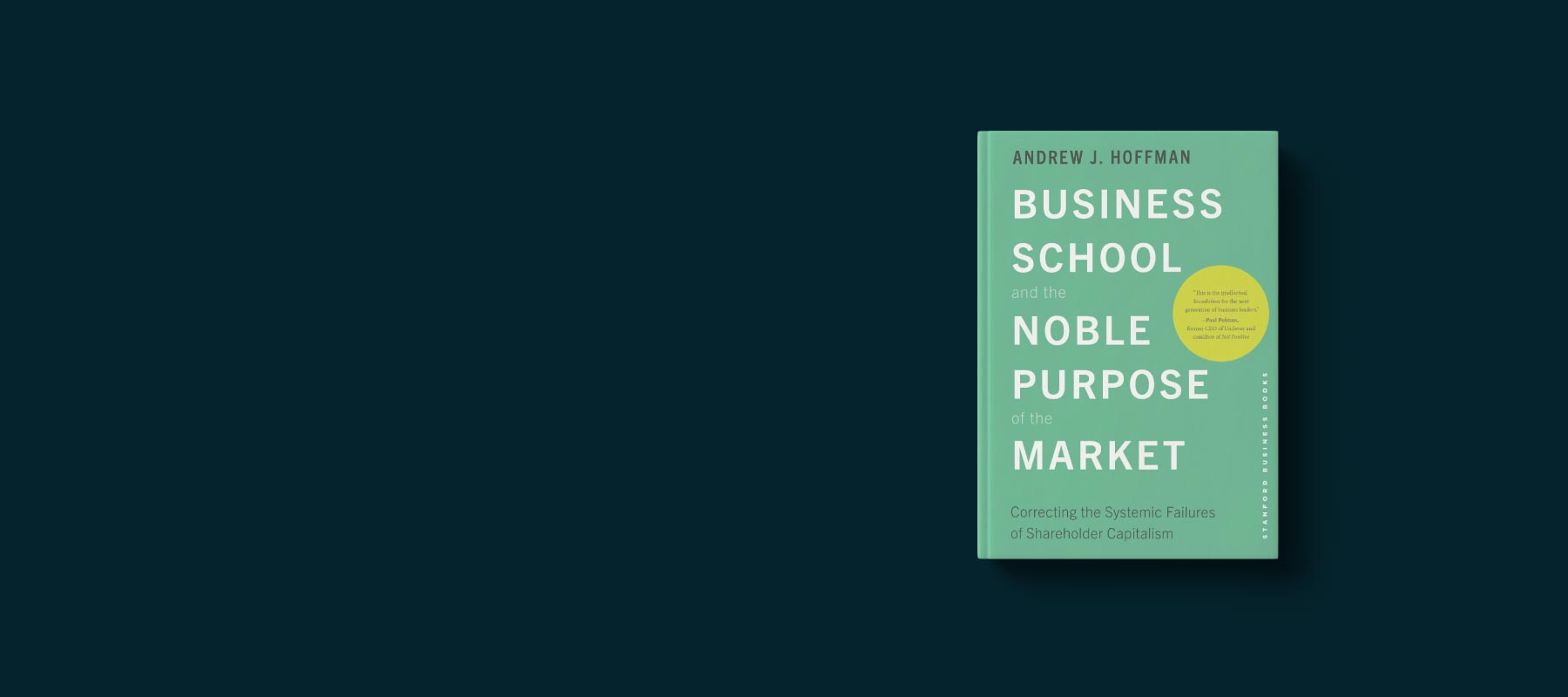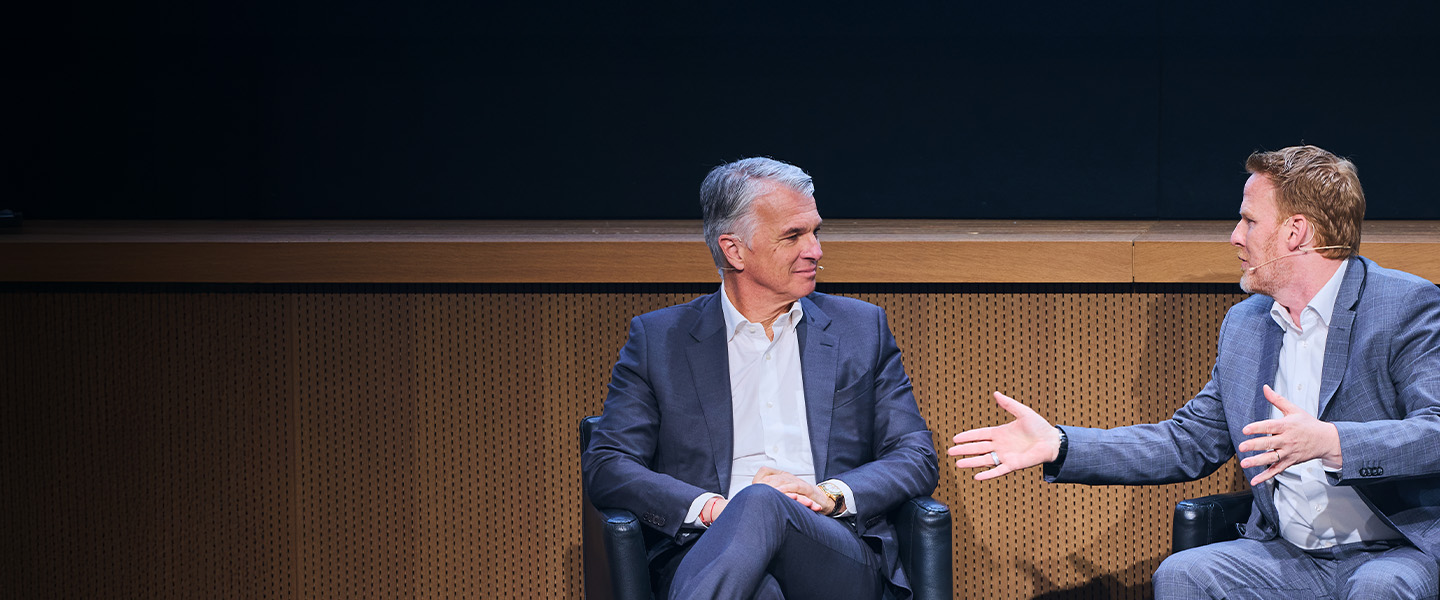
Learning through bonding and bonding through learning
In early 2020, five colleagues and I visited Tel Aviv and Jerusalem to expand our knowledge and understanding of artificial intelligence (AI) and machine learning (ML). Specifically, we wanted to discover what was real versus what was hype, and then understand how and where this mattered for business.
We visited 12 different companies and had great discussions with various founders, chief technology officers, chief product officers, and more. Throughout it all, we did not just learn more about AI/ML and how they matter to business, we also learned a great deal about learning itself.
Most importantly, this includes how we learned and what this means for the structuring of learning. What we learned about learning falls into four categories: (1) Domain knowledge versus technological developments; (2) Individual versus team learning; (3) Book versus high touch learning; and (4) Structuring the learning experience.
Domain knowledge versus technological developments
As professors, we are used to focusing on our area of specialty, be it organizational behavior, leadership, innovation, marketing or digitalization. What was unique here – at least for us academics – is that we first and foremost wanted to better understand what was happening in the fields of AI and ML, where the new developments came from, what enabled them and how businesses were being affected.
When we visited Gong.io, we met with CTO and co-founder Eilon Reshef and focused on how the company has used natural language processing to analyze millions of sales conversations to better understand and predict what allows salespeople to make successful sales calls. We learned about their concept of revenue intelligence and how that is built on increasing individual productivity, win rates and market share.
Only then did we start exploring potential implications for our own fields of interest. While this may sound easy, it was not. It required quite a bit of discipline to first focus on understanding the whole business concept and only then start asking more domain-specific questions. Though maintaining this discipline was challenging, it was greatly helped by the study of individual versus team learning.
Individual versus team learning
The fact that we had representation from multiple domains made it easier to first fully understand this business concept. As we were all curious, we asked lots of questions. Where did they get their training data? How did they visualize conversations? How did they link data and patterns to outcomes? How did they measure their success?
Clearly, this was not a neat, linear process. Inevitably some of us moved to our primary domains of interest. But thanks to our diversity and lack of inhibition, we nearly always managed to come back to the idea of understanding the business first.
The second part of the team learning came from understanding what our colleagues took away from the presentations. Simply verifying the insights was useful, as they were not domain-bound. In fact, gaining insights that technically may have belonged in the domain of another colleague were some of the most useful. When my colleagues identified insights that applied to my domain of organizational culture and leadership, I personally gained insights I had not discovered in my own reflections.
Book versus high-touch learning
As academics, we value reading articles and books to build on the knowledge and insights of others and avoid reinventing the wheel. Before our trip, we had prepared both in terms of knowing our domains and by reading the book “Start-Up Nation”, which describes the unique eco-system for start-up companies in Israel.
This eco-system brings together entrepreneurs with government encouragement, shares military experiences through mandatory conscription, favors academic business relationships, bonds through the nation’s history of its birth and living in a dangerous neighborhood of countries, and most of all, having a ‘chutzpah’ mentality.
While we already had a vivid image of what this might mean, meeting people from the different parts of this eco-system made the bigger picture come alive in a way a book cannot. Seeing the passion they had for their ideas, their businesses and their contributions to society was inspiring.
Take Amnon Shashua, the founder of Mobileye. We discovered that despite having sold the company to Intel for a fine sum, he was not resting on his laurels. Instead, he has founded OrCam to help blind people navigate their world more securely and independently.
Structuring the learning experience
What made the above even more meaningful and insightful was the way the whole visit was structured. And this is where the title of this article, “Learning through bonding and bonding through learning” comes from.
The experience clearly focused on learning from companies and their entrepreneurs, academics and government officials. We visited 12 companies in three days, so this was the core focus. That said, we also took the time to bond with each other over meals, in the car and in debriefs. We shared personal experiences, professional views – including setbacks – and we laughed a lot. We also explored the cultural aspects of Israel in general, and Tel Aviv and Jerusalem in particular.
The bonding facilitated learning. It did so in that we learned from each other beyond the knowledge gained from the visits. It facilitated learning by making us feel comfortable enough to ask ‘dumb’ questions – those that exposed our ignorance on various topics. And bonding facilitated learning by increasing our desire to learn more about each other, both in terms of personal and professional aspects.
Learning about each other’s personal and professional interests, views and aspirations in turn deepened bonding. This included sharing ideas and views one of us wanted to share with his 13-year-old daughter, the pride one of us felt in what was being accomplished in the “start-up” nation of Israel, the ideas one of us had for upgrading his classes about innovation, and how one of us was adjusting his ideas about the limitations on organizational culture creation.
The paradox of learning
In a world that is changing rapidly in ways that are not easy to grasp, one might be inclined to protect and enhance one’s personal knowledge and domain of experience.
The paradox described above is that by focusing on the phenomena first – and by doing so with people from different disciplines – by meeting those who create the phenomena and by creating deep bonds with your co-learners, the result is cumulative. This deepening and expansion of personal knowledge and domain of experience is far greater than what could be achieved on your own.
And, the cherry on top is that you end up not only having deeper relationships, but much more fun!
This article is the last of a series on digital innovation in Israel.
Research Information & Knowledge Hub for additional information on IMD publications

The 7 shifts you need to make to lead in a turbulent world for acuity and inner rootedness. Grounded Edge Leadership.

10 years of exclusive surveys reveal top supply chain strategy challenges—and how tools like AI, ML, and digital twins are reshaping the path forward.

Anxiety can sharpen focus, but if it impacts your well-being or leadership, it’s worth a check-in. These helpful questions may help you reflect.

As corporate America adjusts to a shifting political environment under President Donald Trump, companies must rethink their approach to DEI.

Uncover AI use cases and opportunities with 4 clear imperatives that align data with business value. Avoid pitfalls and ask the right questions.

Andrew J Hoffman's book explains how Business schools must cultivate leaders who see beyond profits and embrace business as a powerful force for societal good.

IMD President David Bach goes from the global to the personal with one of the world’s most prominent bankers.

Virtual meetings can be exhausting, but your voice plays a key role in maintaining engagement. Discover expert techniques to keep your voice dynamic and impactful in the virtual world.

Stay ahead in a shifting global economy. Learn how to build resilient supply chains, manage currency risks, and adapt strategies for long-term business success.

To waltz smoothly through office life, we need to balance vulnerability and honest feedback for greater trust building as a leader.
Research Information & Knowledge Hub for additional information on IMD publications
Research Information & Knowledge Hub for additional information on IMD publications
Research Information & Knowledge Hub for additional information on IMD publications
in I by IMD
Research Information & Knowledge Hub for additional information on IMD publications
Research Information & Knowledge Hub for additional information on IMD publications
in I by IMD
Research Information & Knowledge Hub for additional information on IMD publications
Research Information & Knowledge Hub for additional information on IMD publications
in I by IMD
Research Information & Knowledge Hub for additional information on IMD publications
Research Information & Knowledge Hub for additional information on IMD publications
Research Information & Knowledge Hub for additional information on IMD publications

